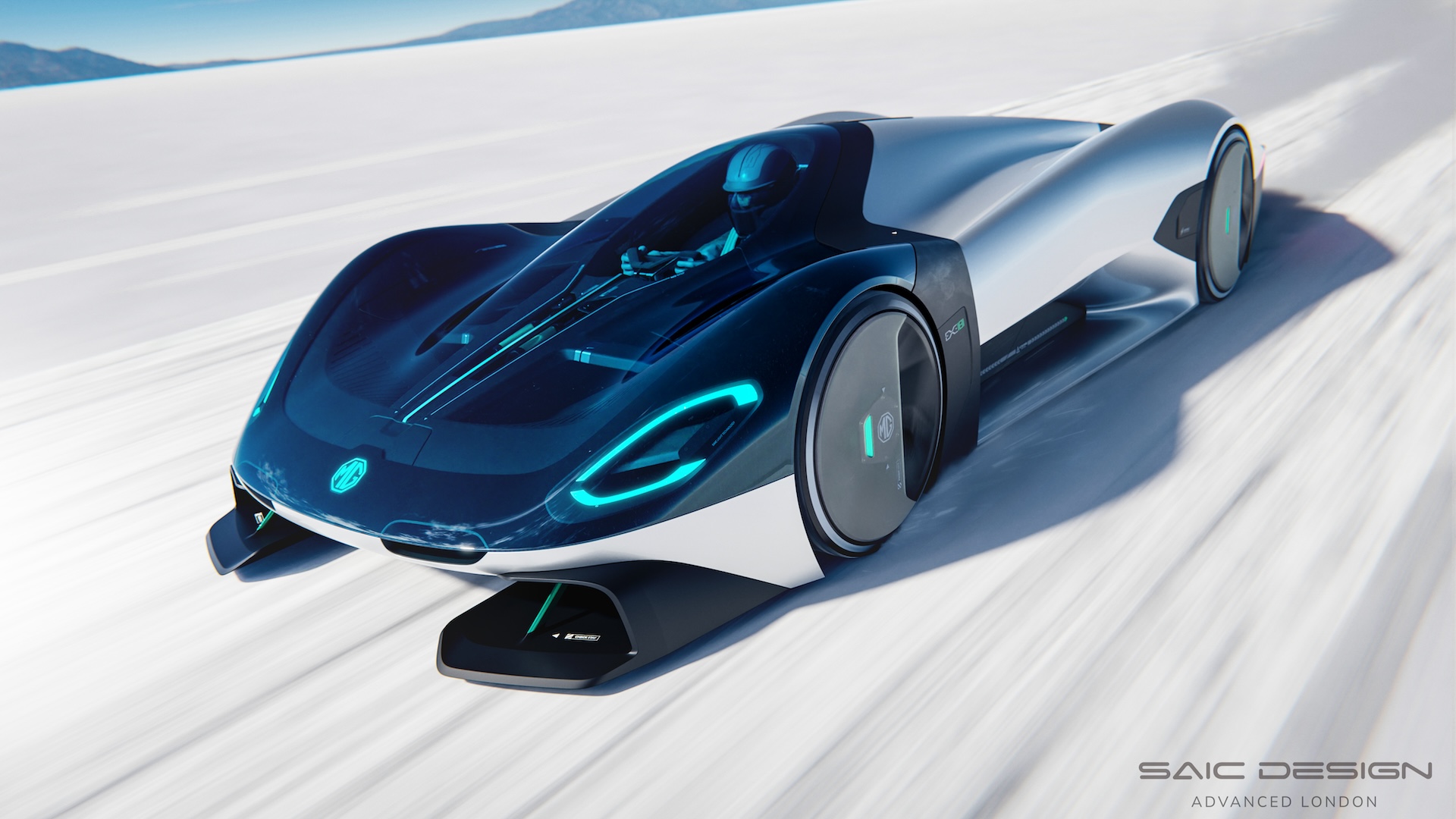

Lighter, safer, more energy-dense—solid-state batteries are considered the next big step forward for the viability of electric vehicles. They’ve been the holy grail of battery technology for decades but have resisted commercialization, even against the might of companies like Toyota. But soon, China could be the first to the punch, as Chinese automaker SAIC Motor claims it’s on track to mass-produce solid-state batteries in 2026.
As reported by Autohome, the company announced at an SAIC Group energy technology conference that it will deliver the tech to its car brands starting next year. That’ll reportedly begin with “semi-solid-state” batteries, which still use some liquid electrolyte, and that “all-solid-state” batteries will follow. The former will reportedly arrive in hybrid and electric SAIC-brand vehicles (which include MG, Baojun, Wuling, and more) starting in 2025, with true solid-state batteries following in 2026. This timeline is consistent with the one CnEVPost reports SAIC projected in 2021, indicating that the tech is maturing more or less at the rate SAIC expects, giving credibility to its 2026 ETA.

Rolling out solid-state batteries in 2026 would put SAIC (and by extension, the Chinese auto industry) years ahead of legacy automakers from the rest of the world. Among them, Toyota is the technology’s most prominent champion, having had a solid-state EV prototype in testing on the road for years now. But Toyota doesn’t expect to commence significant battery production until 2030, at which point it anticipates it’ll make only 10,000 EVs worth of batteries yearly. Its rival Nissan aims to surge from behind to surpass that mark sooner, in 2028, but that’s a tall order for a company that squandered its EV leadership and hasn’t yet re-established it.
For China to achieve solid-state battery tech would give a boost to the expanding Chinese car industry that many Western nations feel threatened by. However, whether SAIC’s, Nissan’s, or Toyota’s timelines are realistic is still a matter of wait-and-see. Solid-state batteries have been the repeated subject of claimed scientific breakthroughs that have yet to manifest in commercial viability. Even if the tech reaches that stage, the EVs they’ll power will still face resistance from consumers for a variety of reasons, some being cultural. That’s EV adoption’s biggest hurdle to surmount, but that’s a can of worms—no, a barrel of them—for another day.
Got a tip or question for the author? You can reach them here: james@thedrive.com